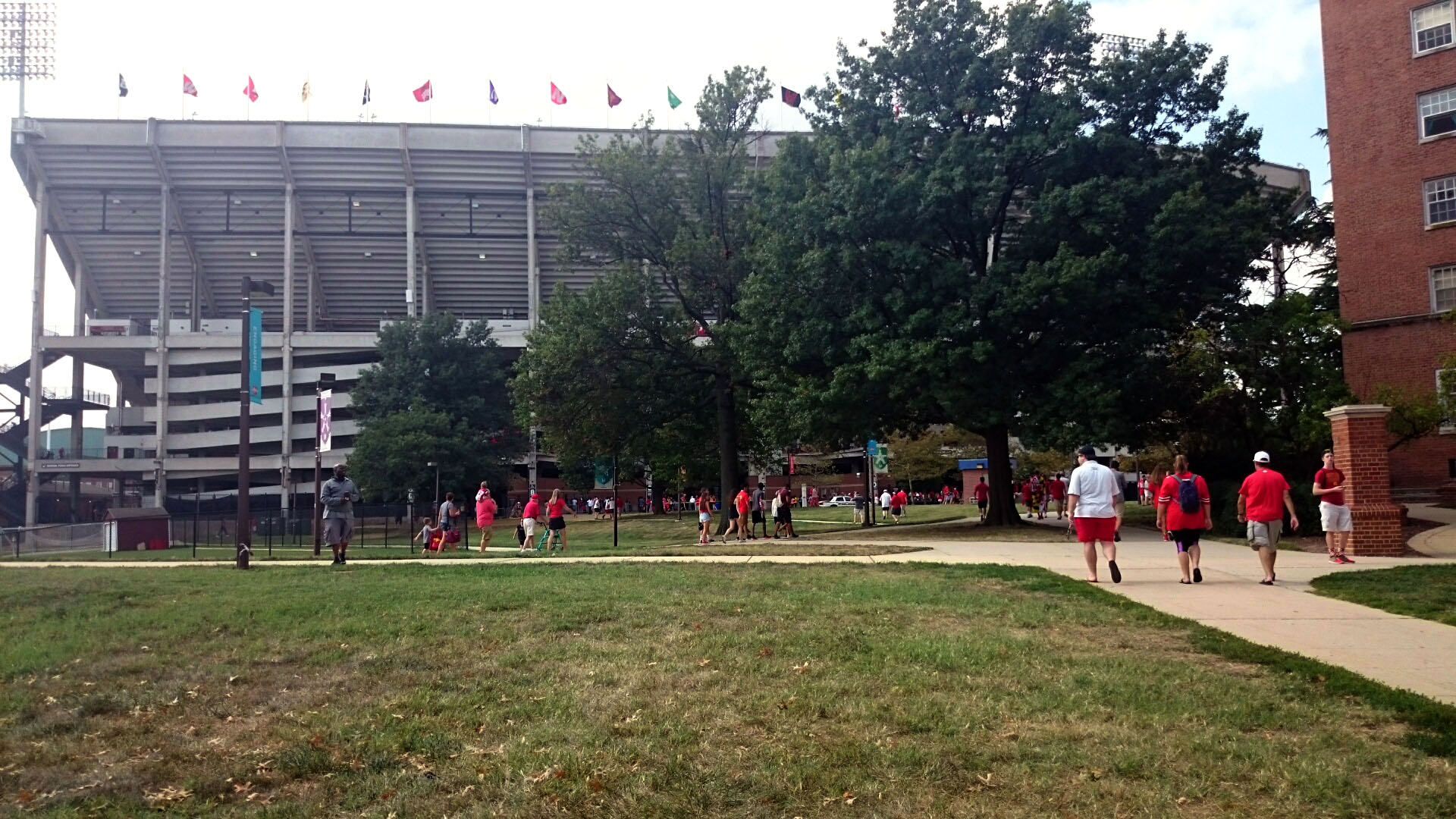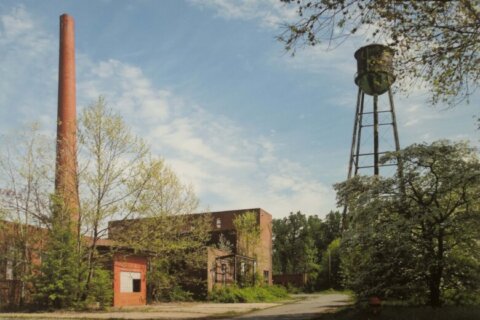WASHINGTON — University of Maryland’s president is recommending a new name for the school’s stadium after its namesake has been accused of being racist.
On Monday, University of Maryland President Wallace D. Loh issued a statement recommending “Byrd Stadium” be changed to “Maryland Stadium.” The Board of Regents will consider the request at its Dec. 11 meeting.
If approved, the university will memorialize Harry Clifton “Curley” Byrd in one of the main libraries, Loh says. Also, he says the university will institute a five-year moratorium on changing honorific building names.
“The issue is that ‘Curley’ Byrd was president of this university at a time when segregation was the law of this country,” Brian Ullmann, the university’s assistant vice president of marketing, said in September. “There are some students who have expressed that, because of that history, ‘Curley’ Byrd’s name should come off the football stadium.”
A student petition submitted last spring asked university officials to rename Byrd Stadium. Those behind the petition say that Byrd was a racist and a segregationist.
Byrd was a teacher, football coach and athletic director before he served as university president from 1935 to 1954.
Loh says early next semester, the university will launch a campus-wide “Maryland Dialogues on Diversity and Community” to “help bridge the divides on our campus (and in the nation at large) and spur meaningful institutional change.”
Loh says the stadium name is a “difficult and emotion-laden issue” and “any outcome will likely please few.”
Below is the full text of the statement:
Dear University of Maryland community:
I have recommended to the Board of Regents that the name of “Byrd Stadium” be changed to “Maryland Stadium.” The Board will consider this request at its December 11 meeting.
If approved, the University will (1) memorialize the accomplishments and full legacy of President Byrd in one of our main libraries and (2) institute a five-year moratorium on changing honorific building names. Independently, the University will (3) launch early next semester a campus-wide “Maryland Dialogues on Diversity and Community” to help bridge the divides on our campus (and in the nation at large) and spur meaningful institutional change.
Months of conversations with internal and external stakeholders—plus thoughtful reports by a 19-member workgroup of faculty, students, staff, and alumni, chaired by Dean Bonnie Thornton Dill of the College of Arts and Humanities—helped inform my thinking and recommendation. I thank them all for their participation and insights.
The context and reasons for my recommendation and proposed actions (4 pp.) are at: http://go.umd.edu/o6p.
The reports of the workgroup on “Arguments For and Against Changing the Stadium Name and Alternative Considerations” (10 pp.) and “President H. C. ‘Curley’ Byrd: Biographical Notes” (6 pp.) are at: http://go.umd.edu/o6x and http://go.umd.edu/o6f.
This is a difficult and emotion-laden issue. Any outcome will likely please few.
President Byrd is rightly regarded as “Father and Builder” of UMD over a 43-year career here, retiring in 1954. He dramatically increased enrollment, faculty, funding, and the size of the campus. He laid the foundation for today’s achievements. He earned his place in our University’s history.
He was also an ardent proponent of racial segregation and discrimination. To many African-American alumni and students, “Byrd Stadium”—the “front porch” of the institution, not the most important part of the educational house, but the most visible one—conveys a racial message hidden in plain sight. The name stands as a vivid and painful reminder that a generation ago they were unwelcome on this campus. For them, this past is more than mere history. Their pursuit of inclusion and equal opportunity remains unfinished.
History is not about the past. It concerns today’s debates about the past. We must be wary of “presentism”—judging historical figures based on contemporary moral standards. It is unfair to fault them for not transcending the values of their time, even when we no longer subscribe to those values.
Still, the world has changed. Our society’s and our institution’s demographics have changed. The values that prevailed during the first half of the 20th century no longer define our nation and UMD in the 21st century. We have evolved into a globally pre-eminent university committed to racial diversity and inclusion, respect for human dignity, and freedom of expression—values that undergird our academic mission and excellence.
The new Frederick Douglass statue; the recently renamed Parren J. Mitchell Art-Sociology Building; the planned memorial to President Byrd in the library—these are symbols that teach us about our institution’s past and present, and impart lessons for the future.
I invite the entire campus to participate in the “Maryland Dialogues” next semester to reaffirm our values and discuss how to align better our institutional practices and policies with our moral and academic vision.
Sincerely,
Wallace D. Loh
President, University of Maryland







